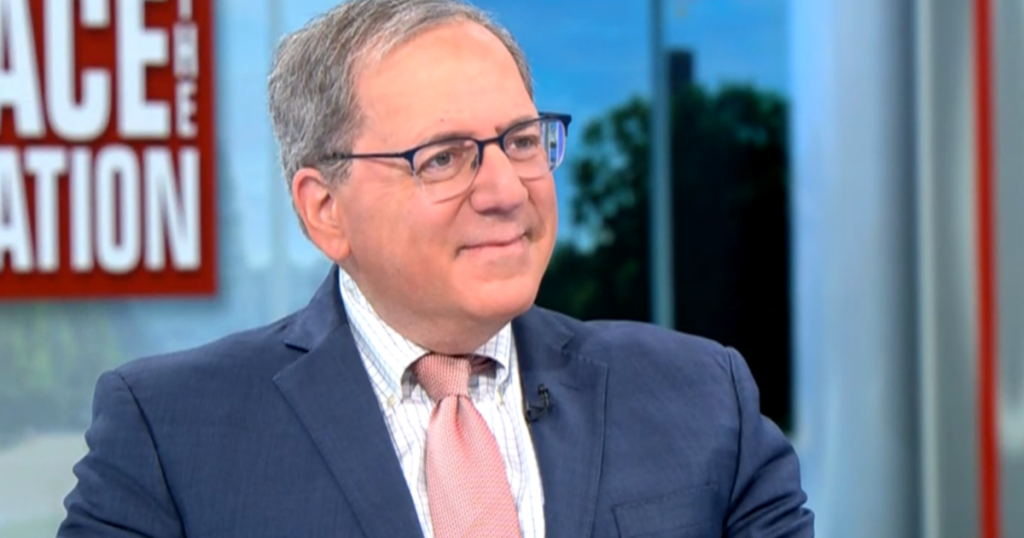David Sanger, author of “New Cold Wars” and New York Times correspondent, discusses the complexities of the current global competition and the changing dynamics of international relations. In the midst of a world that is on fire, he reflects on the simplicity of the Cold War era and the predictability of nuclear deterrence. Today, the new cold wars involve the collaboration of Russia and China, along with other players like Iran and North Korea, creating a more volatile and dangerous environment.
The recent vote in favor of the US pushing against Russia in Ukraine highlights the ongoing tensions and conflicts in the world. Sanger emphasizes the need for a more sophisticated national discussion about global competition, similar to the debates of the past. The changing fronts in the new cold war include Africa, where the US is losing influence to Russia and China. China’s involvement in Africa, as well as their support for Russia in Ukraine, signifies their stake in the outcome of these conflicts.
The role of technology and the business community in the new cold war is crucial, as companies often have more insight than the US government into potential threats. Sanger discusses how Microsoft played a key role in providing intelligence about Russian activities in Ukraine, demonstrating the importance of private sector involvement in national security. The interconnectedness of economies and technology adds a layer of complexity to the current global competition.
Sanger raises the question of how the US government plans to address the Russia-China partnership and prevent further collaboration between the two countries. Given the economic ties between the US and China, as well as the technological advancements driving modern warfare, it is essential for policymakers to navigate these challenges effectively. The need for substantial discussions and interviews about national security interests is paramount in addressing the complexities of the new cold wars.
The book “New Cold Wars” delves into the intricacies of modern global competition and the evolving nature of conflicts in the 21st century. Sanger’s analysis of the changing dynamics of international relations sheds light on the importance of understanding the role of technology, business, and diplomacy in managing these complex challenges. As the world navigates through a tumultuous period of uncertainty, the need for informed and nuanced discussions about global competition has never been more critical.


